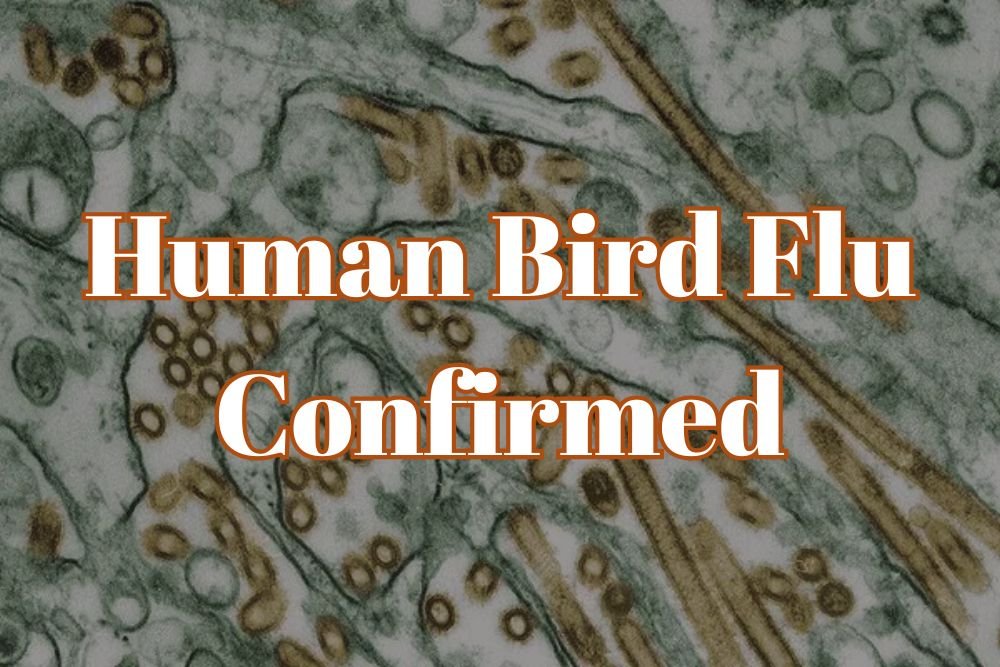Missouri’s First Human Bird Flu Case Marks One Year as U.S. Pandemic Preparedness Weakens

MISSOURI, USA — One year after Missouri confirmed its first human case of bird flu, health experts say the event remains a global warning about viral evolution and pandemic risks. The case, announced on September 6, 2024, was especially concerning because it was the first instance worldwide where a patient had no known contact with infected animals, according to KSDK News.
Why Missouri’s Case Raised Global Alarm
Initial fears were fueled by the possibility that the virus had adapted to spread from person to person.
“This development suggests that the virus may be altering its modes of transmission or adapting to new environmental or host conditions,” noted a research editorial on the Missouri case published in the Annals of Medicine and Surgery.
Health officials later confirmed there was no evidence of human-to-human transmission, but the episode highlighted the need for strong pandemic surveillance and preparedness.
Pandemic Preparedness Under Strain
Since the Missouri case, experts warn that U.S. preparedness for another outbreak has weakened. The Trump administration recently:
- Fired CDC Director Susan Monarez and cut top-level scientific staff (NPR)
- Reduced funding for the Office of Pandemic Preparedness and Response (CNN)
- Cancelled plans to develop a bird flu vaccine (NPR)
“Without a normally operating, fully staffed, and fully functioning CDC, there are going to be potential gaps in our ability as a nation and within individual states to provide an optimal response,” said Dr. Steven Lawrence, an infectious disease expert at Washington University.
Implications for Missouri and Beyond
The CDC played a critical role in investigating Missouri’s 2024 case, conducting lab testing and tracking viral spread. Experts now worry that weakened federal coordination could leave states like Missouri more vulnerable if another outbreak emerges.
At the same time, the CDC recently investigated a similar case in San Francisco, where a child contracted bird flu in December without any exposure to infected animals. Investigators also found no lab evidence of person-to-person spread (CDC).
“When leadership gaps exist, it makes it harder to coordinate large-scale events. If a new pandemic or a new bird flu strain emerges, there’ll be huge gaps in how we can respond,” Dr. Lawrence added.
The one-year anniversary of Missouri’s bird flu case serves as a reminder of the evolving threats posed by infectious diseases. As public health leaders push for stronger planning, the question remains whether the U.S. is prepared for the next outbreak. For more health and community coverage, visit ChicagoMusicGuide.com.
